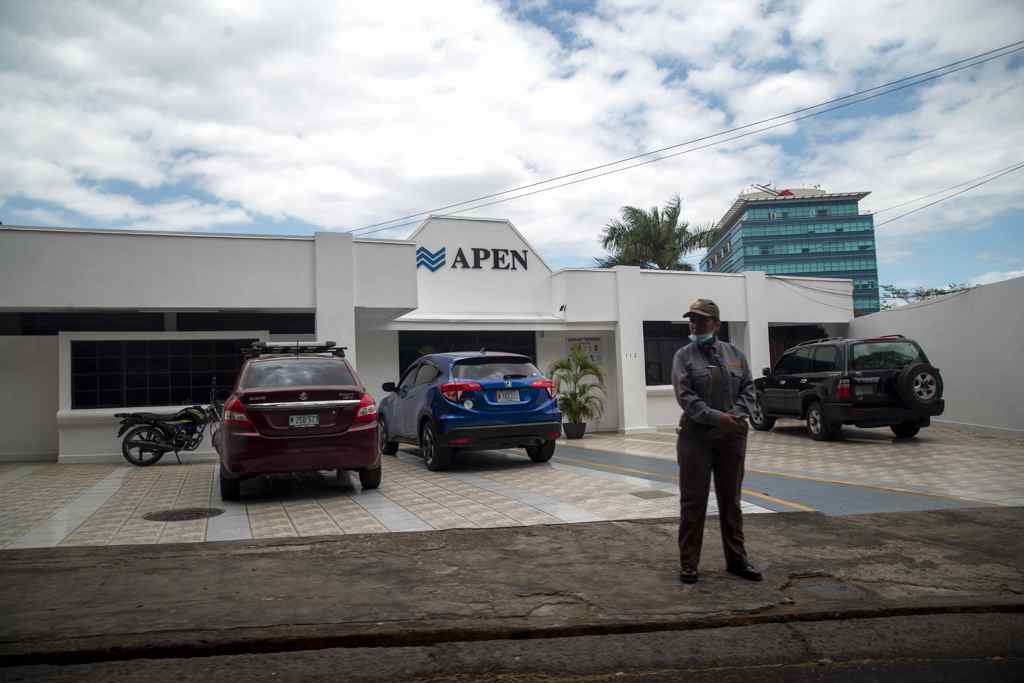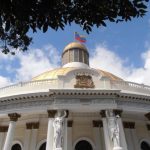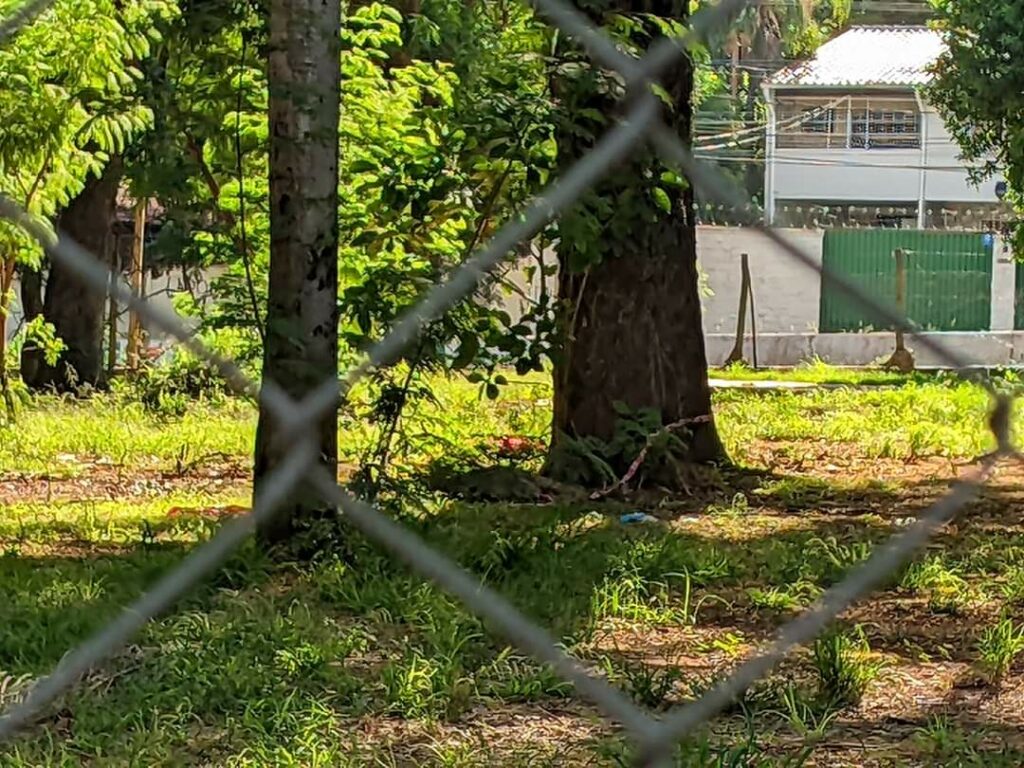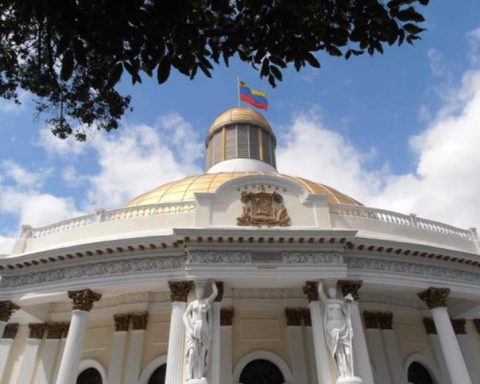The cancellation of the legal status of the Superior Council of Private Enterprise (Cosep) and 18 business chambers, ordered on March 6 by the dictatorship headed by Daniel Ortega and Rosario Murillo, caused a wave of solidarity between business unions of the Central American isthmus who denounced, rejected and condemned it, while warning of the damage it can cause to the Nicaraguan economy, and urged the regime to reflect.
The Federation of Private Entities of Central America, Panama and the Dominican Republic (Fedepricap) expressed its “rejection and deep concern” at the cancellation of legal status, and recalled that “business freedom, freedom of expression, and all other freedoms civilians, are the basis of democracy and openness to investment, job creation and the economic and social development of the population”.
The Federation of Chambers of Tourism of Central America (Fedecatur), in addition to rejecting the fait accompli of the cancellation of legal status, clarified that “for the corresponding actions, it will continue to recognize only the Nicaraguan National Chamber of Tourism (Canatur), as only full member of this Federation that represents the private organized tourism sector of that country”.
“Business associations play a very important role for economic development both nationally and internationally, promoting actions to promote the sector to which they belong, promoting business development and focused on channeling the necessary public-private support according to the needs, in this case of the tourism sector”, he added.
The Federation of Agricultural and Agro-industrial Chambers of Central America and the Dominican Republic (Fecagro), in addition to condemning the illegalization of the 19 -including its partner, the Union of Agricultural Producers of Nicaragua (Upanic)- recalled that “respect for fundamental freedoms constitutes the foundation of the rule of law necessary for investment, job creation, peace and prosperity”.
Cacif, from Guatemala: “A serious threat to democracy”
Among the national entities similar to Cosep, the Coordinating Committee of Agricultural, Commercial, Industrial and Financial Associations (Cacif), of Guatemala, declared that “this decision violates the rights of association and freedom, and poses a serious threat to democracy and to the fundamental principles of Nicaraguan citizens”, for which they demanded to stop “the repressive measures that threaten growth and stability.”
For the Costa Rican Union of Chambers and Associations of the Private Business Sector (Uccaep), the actions of the Government of Nicaragua contravene the freedom of business association and put the economic drive of the country at risk, for which it calls for reflection on the impact negative that this situation will bring, both for economic and social development.
“The 18 affected chambers represent an important sector that serves as an engine for the Nicaraguan economy, which is why the consequences in terms of the foreign investment climate in that nation are worrying, which will become complex,” he warns.
For the Honduran Council of Private Enterprise (Cohep), “this measure violates the Declaration of Fundamental Principles and Rights of the International Labor Organization, as well as Convention 87 on Freedom of Association and Protection of the Right to Organize; Convention 98 on the Right to Organize and Collective Bargaining, and Convention 144 on Tripartite Consultation, jeopardizing the fundamental rights of Nicaragua”.
It adds that “this decision endangers union institutions, freedom of association and representation in the Republic of Nicaragua, thus limiting the conditions for attracting investment and generating employment.”
The executive director of the Costa Rican Chamber of Construction (CCC), Randall Murillo Arce, condemned the decision of the Government of Nicaragua, expressed his solidarity with the Nicaraguan Chamber of Construction, and called “the business chambers and their leaders to unite with the objective of exhorting political systems to respect the constitutional liberties existing in democratic countries”.
“In any country, the business sector is key to economic development, by improving the living conditions of the population thanks to the generation of employment and the provision of products and services that contribute to the economy, which is why we regret the situation that we are experiencing today. Nicaragua,” he concluded.
Finally, the president of the Federation of Chambers of Costa Rica (Fedecamaras), Francisco Llobet Rodríguez, said that this entity “will continue to recognize and support all the business chambers of the private sector in Nicaragua, and we will be offering them ‘open doors’… for what that they deem necessary.”


















